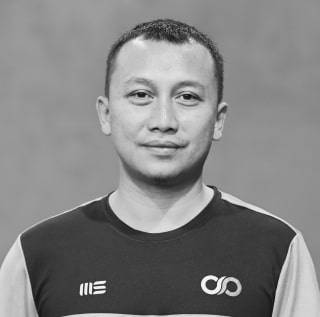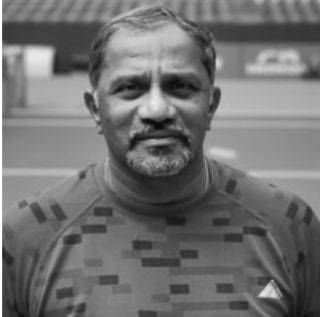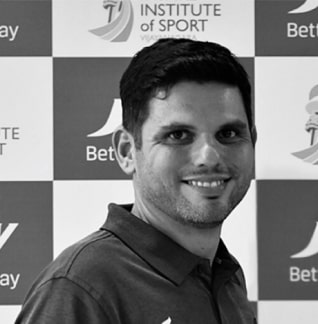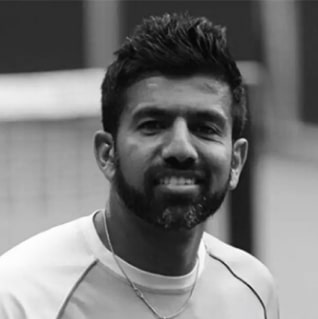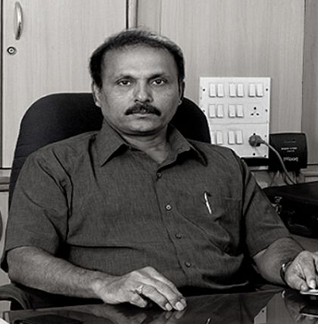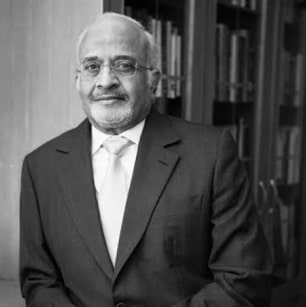
Mental Strength: A Key Part of Athletic Training
It’s often said that mental strength counts more than physical prowess in the life of an athlete. Regardless of their age or level of advancement, mental toughness is an essential ingredient for any athlete to deliver their best performance. Successful athletes around the world have a high degree of self-confidence, courtesy of their evolved mental strength. They can block out distractions, manage their adrenaline level, and are incredibly goal-oriented. But the question remains, what exactly is mental toughness, and how does an athlete develop it?
Mental toughness is an amalgamation of various mental skills, including firm self-belief, resilience, motivation, focus, and the ability to perform under pressure while managing physical and emotional pain. However, it is easier said than done. Athletes regularly have to juggle training on top of a busy and stressful life. With several other commitments to consider, training the mind usually is not at the top of the priority list. But the mind is like any other muscle in the body, and it needs time and practice to become stronger.
So how does one train their mind to give the best results? Here are a few tips that will help you or your kid to hone mental skills:
Clarify Your Goals
Successful athletes regularly engage in various goal-setting strategies to deliver optimal performance. While the ultimate goal may be to win a medal or placing among the top finishers, they also set performance goals and process goals for self-accountability. Performance goals are based on an athlete’s own discretion and involve the purpose of making a new personal best. Process goals direct athletes’ attention to the execution of technical elements necessary for achieving a specific outcome or performance goal.
When you have a clear and definite goal that you are working towards, setting a long-term outcome goal with multiple short-term goals will enhance the quality of your goal execution.
Usually, when individuals set challenging and precise goals, they are more likely to enhance performance outcomes compared to unstructured goals.
Self Talk
Self-talk is the internal dialogue we have with ourselves and has proven to be a strategy that positively influences an athlete’s performance. By paying attention to your thoughts, you can control your emotional reactions to situations when you want to perform at your best. If the focus is on uncertainties, worries, downsides, and frustration, you can shift your thought process to a more positive state of mind through self-talk. Such talk can include affirmations of your strength, and cue words that can help you manage your nerves. It can even include simple reminders of where your focus should be and what you need to execute.
Successful athletes manage their thoughts effectively, ensuring they are their best, no matter what the situation is. Ultimately, this process has the incredible ability to make an athlete feel confident, in control, and ready to face any challenge.
Intrinsic Motivation
Over a period of time, a lot of athletes tend to feel a drop in their motivation level. They don’t feel as committed to training and performance as they used to do during the beginning of their career. The reason behind this is that they forgot why they started training in the first place and started relying on extrinsic motivation, i.e., the motivation that comes from the surroundings and the society as rewards and appreciation rather than self-motivation.
Setting performance goals is a significant part of achieving intrinsic motivation. Constantly challenging yourself by focusing on mastering a certain skill and not on external gains, you open yourself to exploring new avenues rather than sticking to a tried and tested model of training. Trying to get to the roots of the problems and dealing with the emotions deriving from those thoughts can be extremely helpful.
Scheduling
The life of an athlete is filled with uncertainty, given the unpredictability of events that might unfold during a competition. This can make them more anxious, experience difficulty with focus, and in many cases, lose their mental strength. Hence to exercise more control on your game, you must try to make your environment as predictable as possible. It can give you more agency over their lives, increasing self-confidence, and the motivation to face challenges head-on. Having a disciplined workout plan can instill more predictability to keep you in a confident & motivated mindset.
However, it is essential to evaluate how you can put yourself in the best position to stick to your schedule while designing it consistently. Identifying common issues that make it difficult for you to complete workouts and ways to address them. Some common problems could be training at times that interfere with work, poor sleep the night before training, or over-extending yourself by taking care of other people’s needs rather than your own.
Training = Competition
One of the core parts of mental training is to try and develop a psychological edge over their competition, and the same can be achieved through simulation training. Simulation training refers to recreating environmental challenges of sport competition into a practice setting to get accustomed to it and reduce reaction to unnecessary distractions. Practicing the same can cultivate a mindset of absolute focus and full commitment to the completion of your goals.
The reason behind this training is that competitive environments are intense settings that are meant to challenge us, henceforth why should your training environment be any different? This adjustment is immediately going to set the tone for how you train and the type of mindset you bring into the training session.
Finding Your Approach
All the pointers above can be considered general for all athletes, but not all of them can be universally applicable. It depends on the goals and personality of the athlete. We all have different experiences, different strains, different motivations, and to make a practice stick, you have to be very flexible and adapt.
Committing to mental strength training is a significant step to improving your game, irrespective of what it is. With practice and dedication, proactive thinking will become second nature to many. Enhancing mental strength is fundamentally about a change of attitude, developing a positive ‘can do’ mindset, and engaging in systematic behaviors that facilitate improvement.
Over a period of time, a lot of athletes tend to feel a drop in their motivation level. They don’t feel as committed to training and performance as they used to do during the beginning of their career. The reason behind this is that they forgot why they started training in the first place and started relying on extrinsic motivation, i.e., the motivation that comes from the surroundings and the society as rewards and appreciation rather than self-motivation.
Setting performance goals is a significant part of achieving intrinsic motivation. Constantly challenging yourself by focusing on mastering a certain skill and not on external gains, you open yourself to exploring new avenues rather than sticking to a tried and tested model of training. Trying to get to the roots of the problems and dealing with the emotions deriving from those thoughts can be extremely helpful.






